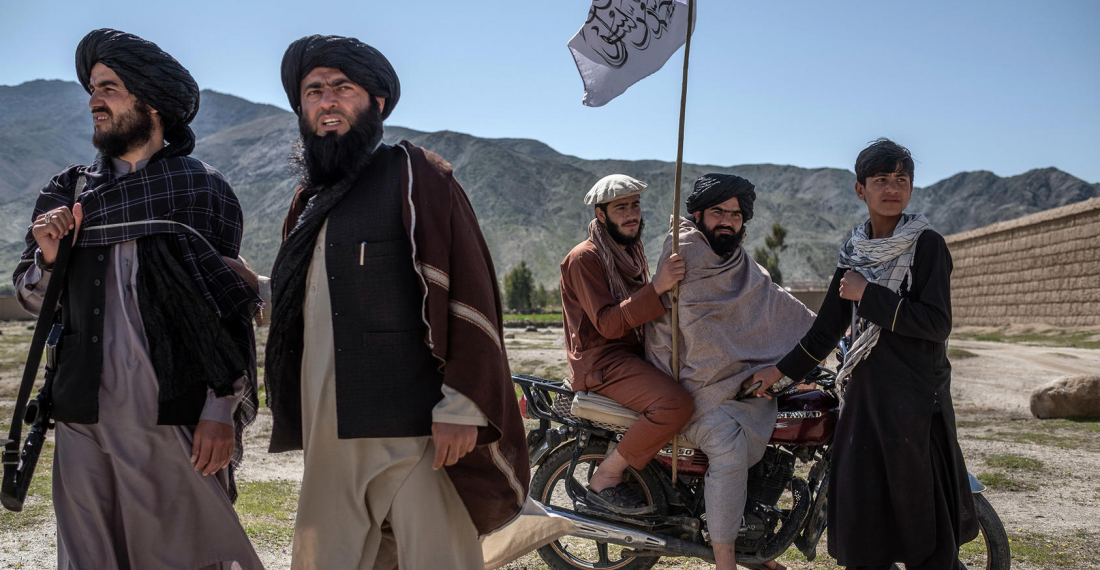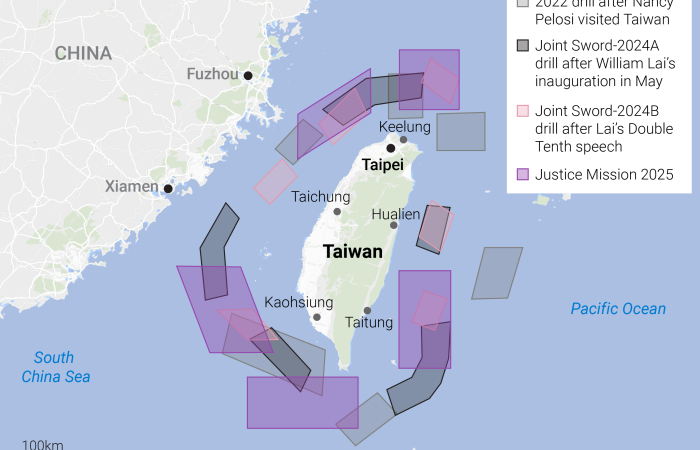This editorial first appeared in the 2 May 2023 issue of our newsletter Central Asia Concise. If you would like to subscribe to Central Asia Concise, or any other of our newsletters, please click here.
"There appears to be different views in the international community on the issue of the recognition of the Taliban government. So far no country has done so," writes commonspace.eu in this editorial. "However, several neighbouring and regional countries, including China and Russia, have kept their embassies open in Kabul and allowed the Taliban authorities to take charge of Afghan embassies on their respective soils. It is unlikely this controversy will be resolved soon, and diplomatic ambiguity will remain the safe space the international community is likely to opt for in its dealings with the Taliban regime going forward. In the meantime the suffering of the Afghan people does not seem to have an end in sight."
Since February of last year, the Russian invasion of Ukraine has eclipsed the problem of Afghanistan, where, a few months before, the Taliban retook Kabul and restored their imposition of a distorted view of Islam on the country and its society. Ever since, the worst fears appear to be coming true.
Afghanistan has again become a hotbed of radical Islamism, increasingly threatening neighbouring Central Asian countries. Inside the country itself, a clampdown against women in education and at work, has raised once more the spectre of a society that tramples over women rights. The UN Security Council discussed this issue in the last days, and on Monday (1 May), United Nations Secretary-General Antonio Guterres began two days of private discussions in Qatar with special envoys from various countries on how to sustain humanitarian operations in Afghanistan, given the Taliban's continued restrictions on Afghan women and girls which are at odds with UN practices.
Since returning to power in August 2021, the Taliban leadership has banned Afghan girls from attending schools beyond the sixth grade and women from participating in most public and daily life areas. They have recently stopped female Afghan employees from working with the U.N. and other aid groups in a country where nearly 29 million people, or two-thirds of the population, rely on humanitarian assistance. The decision put the UN on the spot, and the international body has been trying to develop a response. Last week the U.N. Security Council, in a rare expression of unity, unanimously condemned Kabul’s latest decisions, and demanded the Taliban swiftly reverse their crackdown on Afghan women's rights. The Taliban Foreign Ministry rejected the call and described the ban on women working with the U.N. as an "internal social matter of Afghanistan."
The Qatar meeting is being held behind closed doors. It aims to "reach points of commonality" on issues such as the rights of Afghan women and girls, inclusive governance, countering terrorism, and drug trafficking, said Stephane Dujarric, a spokesperson for the UN secretary-general. "The meeting is intended to achieve a common understanding within the international community on how to engage with the Taliban on these issues," Dujarric added.
Envoys from nearly two dozen countries, including the United States, China, Russia, Saudi Arabia, Pakistan, Iran, India, Qatar and Britain, are participating in the discussions. However, the Taliban were not invited and its leadership criticised the organizers for not inviting its representatives to the meeting and depriving it of its "legitimate right" to express its position to the delegates.
For the moment the UN remains adamant. "Reversing all measures that restrict women's rights to work is key to reaching the millions of people in Afghanistan that require humanitarian assistance," Guterres tweeted on Saturday. "Afghans urgently need emergency aid. Women are essential to ensure it’s delivered," he said.
Whilst not officially on the agenda at the meeting in Doha, there appears to be different views in the international community on the issue of the recognition of the Taliban government. So far no country has done so. However, several neighbouring and regional countries, including China and Russia, have kept their embassies open in Kabul and allowed the Taliban authorities to take charge of Afghan embassies on their respective soils. It is unlikely this controversy will be resolved soon, and diplomatic ambiguity will remain the safe space the international community is likely to opt for in its dealings with the Taliban regime going forward. In the meantime the suffering of the Afghan people does not seem to have an end in sight.






